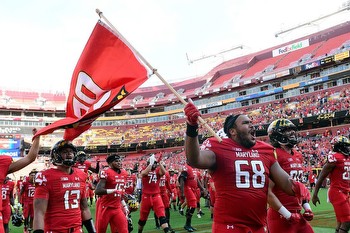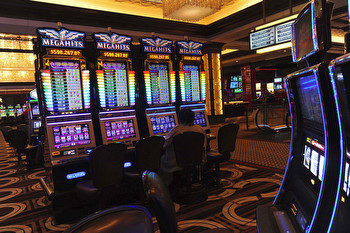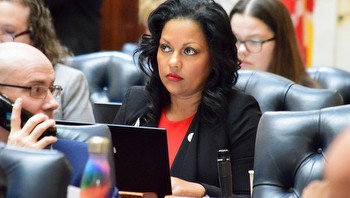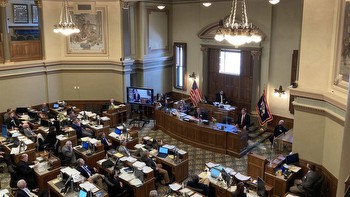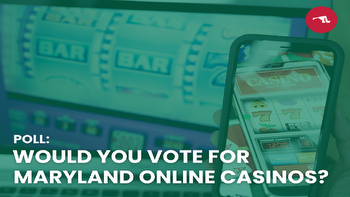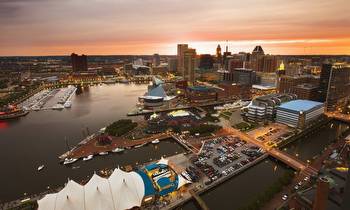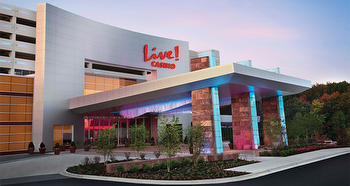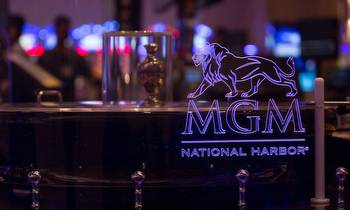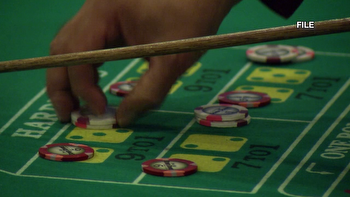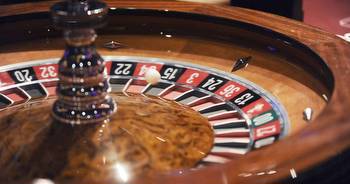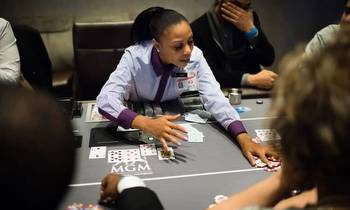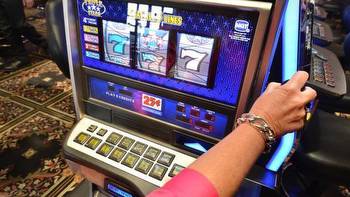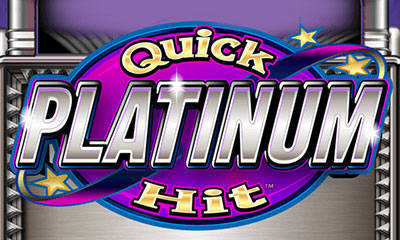Maryland lawmakers revisit online casino legislation with updated bill filed at the Senate
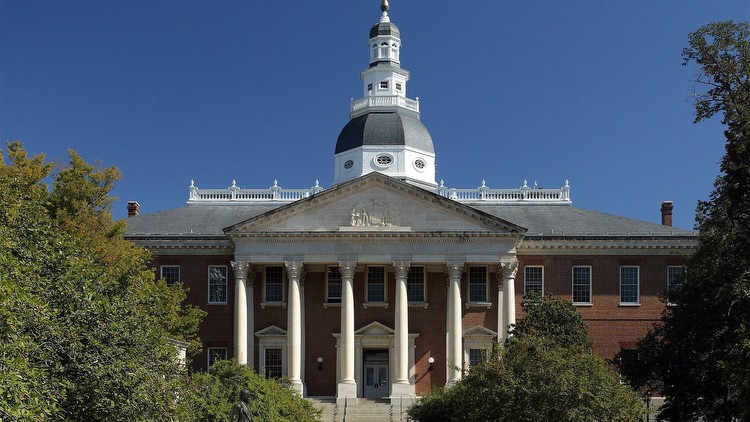
A legislative push to legalize online casinos in Maryland through a voter referendum has been reintroduced after facing setbacks last year. Maryland State Senator Ron Watson's bid to allow online casinos, first introduced as SB267 in 2023, is now being presented in the state's Senate under the designation SB603 for the current legislative session.
The legislation, presented for the first time on January 26, could potentially make Maryland the eighth state in the United States to legalize iGaming.
The proposed bill outlines that iGaming activities within the state would be overseen by the Maryland State Lottery & Gaming Control Commission. Under the updated language of the bill, both state casinos and Video Lottery Terminal (VLT) operators would be eligible to offer online casino services.
Additionally, the bill recommendsfive extra licenses for companies headquartered in Maryland for at least a decade, possessing a minimum 5% interest in a VLT operator. If granted a license, these operators are obligated to construct a $5 million live dealer studio within the state.
“Authorising the State Lottery and Gaming Control Commission to issue certain licenses to certain video lottery operators and certain qualified applicants to conduct or participate in certain Internet gaming operations in the State; authorising the Governor, on recommendation of the Commission, to enter into certain multijurisdictional Internet gaming agreements with certain other governments, subject to certain limitations; and submitting the Act to a referendum of the qualified voters of the State,” a synopsis of the new bill reads.
Selected licensees would be subject to a47% tax rate on adjusted revenue, contributing to the State Lottery Fund. Initially, operators are permitted to deduct 100% of promotional credit, with deductions subsequently limited to 20% of promotional spend after the first year. Furthermore, one percent of both the license fee and taxes collected will be allocated to the state's fund addressing problem gambling.
Apart from approving SB603, lawmakers must also grant approval to SB565, enabling the consideration of online casinos through a public vote. In the current proposal, the question on the ballot would be formulated as follows:
“Do you favor the expansion of commercial gaming in the State of Maryland to authorize Internet gaming for the primary purpose of raising revenue for education?”
The move aligns with ongoing studies by the Maryland Lottery and Gaming Control Agency, with Watson identifying it as an opportunity to generate additional revenue amid the state's significant budgetary challenges.
Watson, noting the potential revenue of $30 million to $40 million, emphasized a sense of urgency due to the state's projected $400 million deficit and financial obligations, particularly in education, as per media reports. Maryland already permits online sports wagering, with major companies like FanDuel, Caesars, and DraftKingsoperating in the state since November 2022.








